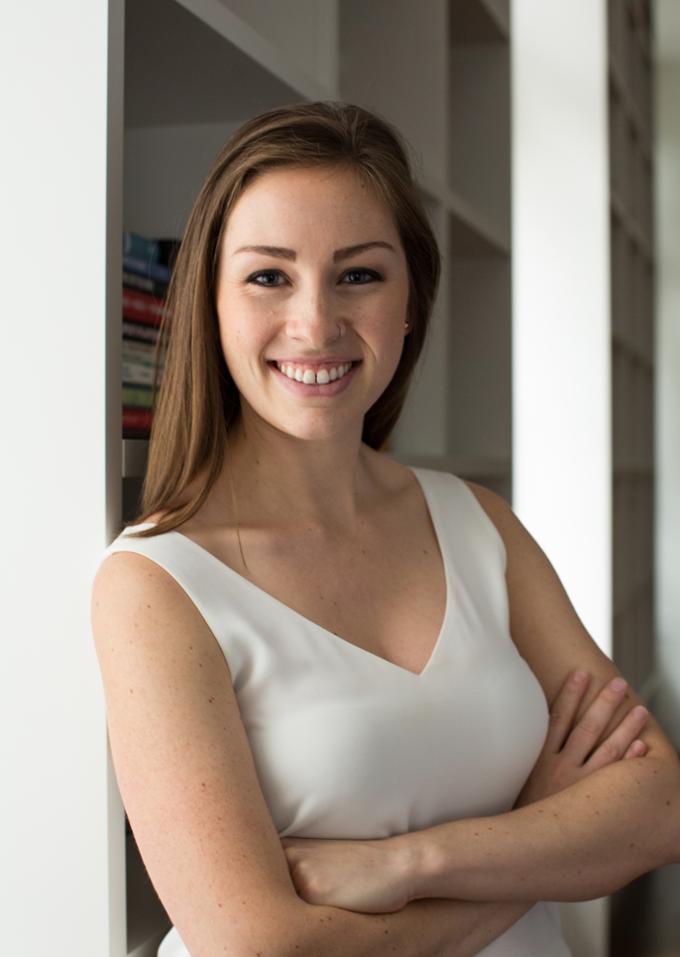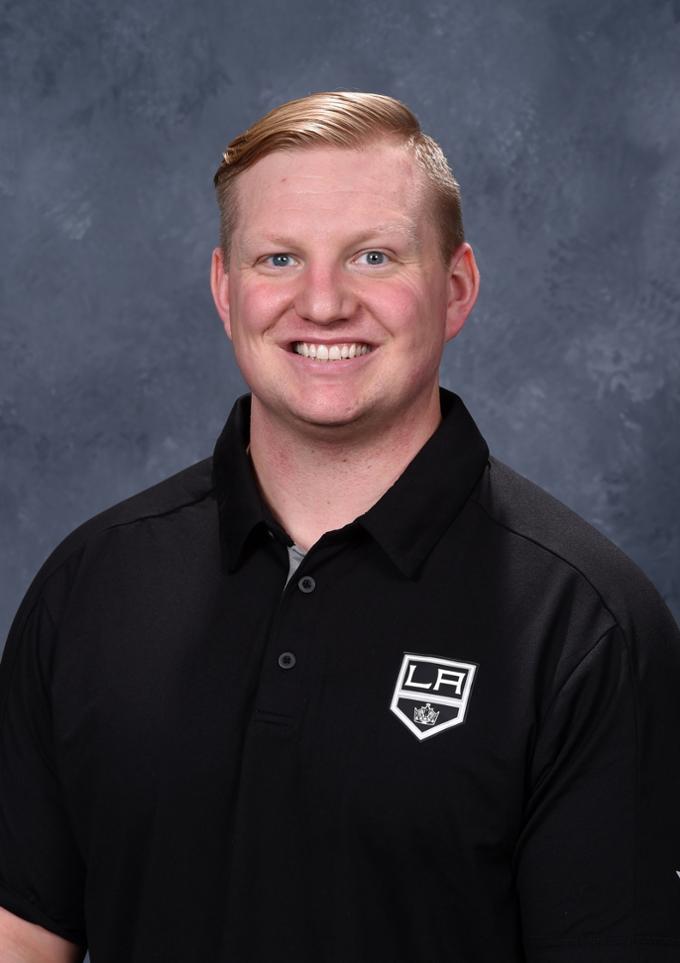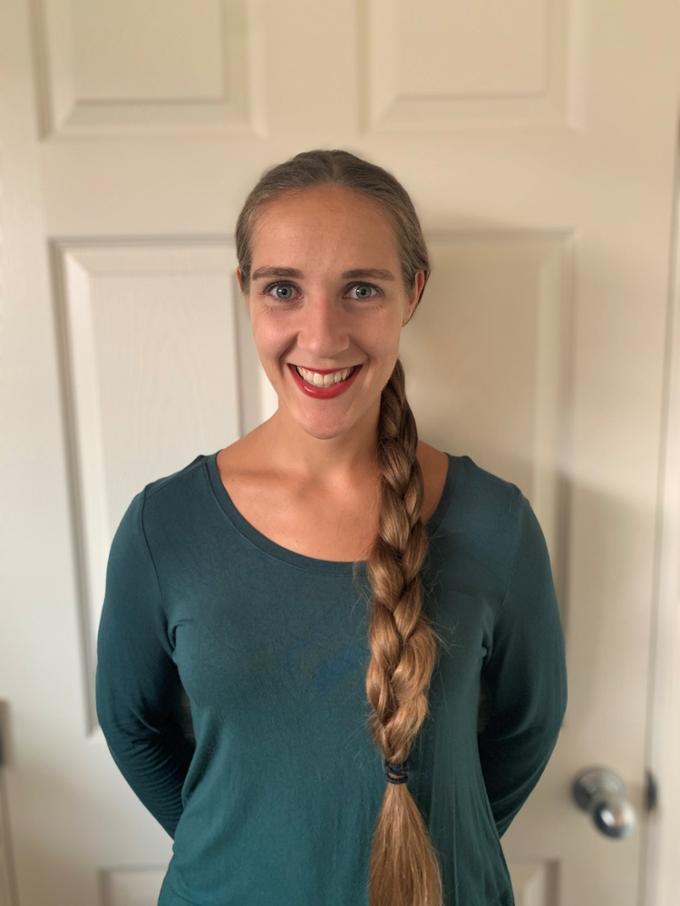Human Kinetics
If you’re passionate about human movement, health, physical activity, and helping others live longer, healthier lives, then the human kinetics bachelor’s degree program at the University of Regina in Saskatchewan is for you.
The Bachelor of Kinesiology in Human Kinetics will prepare you to work in areas including:
- physical fitness appraisal
- exercise rehabilitation
- health and wellness counselling
- exercise leadership
- lifestyle management
- health promotion
- workplace wellness
- strength and conditioning
In the human kinetics program, you will focus on both individual and community-based programming, while combining a strong understanding of anatomy, physiology, nutrition, biomechanics, movement behaviour, and exercise psychology. You will also learn about disability and the relationship to physical activity, assessment, and rehabilitation.
Sometimes called exercise science, the human kinetics bachelor’s program at the U of R will prepare you for a unique health career. Get career-ready with a 15-week, full-time field work experience, applying what you learned from studying your major. This level of experience prior to degree completion is not common in other undergraduate kinesiology programs.
You can choose from two focus areas to advance your human kinetics knowledge and career:
- High Performance concentration
- Adaptation and Rehabilitation concentration
Kinesiology and Health Studies provides multiple pathways to multiple destinations. Come and find the pathway that’s right for you.
What is Human Kinetics?
Human kinetics is the study of human movement and exercise, and its impact on health and the body’s performance and function. It is also referred to as exercise science.
In the human kinetics bachelor’s degree program at the University of Regina, you will study biomechanics, physiology, exercise physiology, motor control theory, and exercise psychology in relation to health, wellness, and disease. You will focus on both individual and community based programming, as well as rehabilitation, lifestyle management, and chronic disease prevention. You will also learn about disability and the relationship to physical activity, assessment and rehabilitation.
Human Kinetics Meet Your Faculty
Quick Facts
Connect with us
KIN 382, Practical Application of Neurorehabilitation, provides students with practical application of rehabilitation principles and techniques for people with neurological conditions. Students in KIN 382 work directly with ENRICH clients from the community to perform functional electrical stimulations (FES), assessments, and exercise prescriptions.
Dr. Cameron Mang and Kinesiology student volunteers Elise Summerfield and Ryan Grieves talk about the Enrich Neurorehab Program.
Why Study Human Kinetics at the University of Regina?
By studying human kinetics at the U of R, you will gain an understanding of disability and exercise science combined into one bachelor’s degree program.
Many of the upper-level classes have hands-on lab experiences and applied learning in specialized research laboratories, as well as volunteer and experiential components.
You will also apply what you learned from your studies during your 15-week, full-time fieldwork placement. This level of experience before degree completion is not common in other undergraduate kinesiology programs. It is a major benefit of the University of Regina human kinetics program.Fieldwork placements
Test your knowledge in a real world setting. Fieldwork placements provide you with practical, hands-on learning experience and help you develop professional competency skills.Community service learning or volunteer opportunities
Major courses include opportunities for community service learning or volunteering in a human kinetics environment, both on-campus and off-campus.Expert faculty members
Learn from expert faculty members with diverse research interests. Our faculty members have strong national and international reputations within their fields. Their research interests include:
- Biomechanics
- Motor control and human movement
- Exercise physiology
- Musculoskeletal health
- Athletic performance
- Sport, exercise, and health psychology
- Epidemiology
- Rehabilitation sciences
- Group dynamics in sport
- Leisure experience of people with intellectual disabilities
- Nutrition and sport nutrition
Prep course to become a Certified Personal Trainer (CPT) and a Certified Exercise Physiologist (CEP)
As you progress in your studies, you can take Fitness Appraisal and Exercise Leadership Advanced Fitness Appraisal, which are prep courses for the exams to become a Certified Personal Trainer and a Certified Exercise Physiologist (CEP) respectively. The exams are directed by the Canadian Society for Exercise Physiology. The CEP is the highest exercise designation in Canada and is recognized worldwide.Meet Kinesiology & Health Studies Honours Student Elise Melanson!
Optional Concentrations in the Human Kinetics Program
High Performance
The High Performance concentration enhances a student’s knowledge in the area of strength and conditioning, sport psychology, athletic injuries, and sport nutrition.
Adaptation and Rehabilitation
The Adaptation and Rehabilitation concentration focuses on an enhanced understanding of disability and providing support and rehabilitation services to those experiencing disability.Interested in practicing strength and conditioning training with real athletes from the community? KIN 355, Training and Conditioning, focuses on the principles of strength, power, and speed development. Students in KIN 355 work directly with athletes from the community to facilitate training and conditioning regimens and apply theories and techniques in a hands-on gym setting.
Human Kinetics Frequently Asked Questions
Some unique courses in the human kinetics program include:
- Physical Disability and Well Being examines issues facing people with a physical disability
- Clinical Biomechanics applies biomechanics principles to the assessment of musculoskeletal injuries and movement-related disorders
- Sport Psychology explores psychological theories and concepts used in individual and team sports
- Fitness Appraisal and Exercise Leadership explores the science behind physical fitness appraisal and exercise counselling, as well as standardized fitness tests
- Advanced Exercise Physiology looks at how to evaluate performance and prescribe exercise in diverse populations, including the general population, athletes, and individuals who have physically demanding jobs.
- Kinesiology and Health Studies Student Society
- SEARCH (Student Energy and Action in Regina Community Health)
- Clubs and activities open to all U of R students
Yes! We offer the following scholarships to human kinetics students:
- Don Clark Scholarship
- Sask Sport Glenn Tuck Memorial Scholarship
- Farden/CNilson Memorial Scholarship
Use our online Student Awards Management System (SAMS) to find other awards and scholarships for which you may be eligible.

I entered the Kinesiology program at the University of Regina because it felt like a natural fit and allowed me to bridge my interests in well-being with my academic objectives. The coursework expected by the program pushed me to develop a strong foundation in research, analytical, and critical thinking skills needed to pursue further studies and set me up for success in the professional roles I have held. I certainly look back fondly from my time in the program because of the interesting subject matter, supportive faculty and staff, and numerous opportunities for community involvement that the program offered.
Human Kinetics Program Concepts and Goals
A Bachelor of Kinesiology degree in human kinetics will prepare you to work in the areas of physical fitness appraisal, exercise science, exercise rehabilitation, counselling, exercise leadership, lifestyle management, health promotion and wellness.Learn
Learn to be a critical thinker and to apply theory in real-life settings from your expert instructors. You will gain an understanding of both disability and exercise science combined into one degree.Get experience
The 15-week fieldwork placement lets you take what you’ve learned in the classroom and apply it in a working environment. Gain valuable work experience and a network of contacts before you graduate. This level of experience before completing your bachelor’s degree is not common in other undergraduate kinesiology programs.Succeed
Because of your knowledge of health, fitness appraisal, exercise, disability, and nutrition, along with the experience gained during your fieldwork placement, you will be well-equipped to work with a diverse client group in multiple areas and workplaces. Our graduates make a difference and have a positive impact in their communities.

I chose this program because of my passion for strength and conditioning, nutrition, training and sports. My favorite part of my time in the KHS faculty was my fieldwork semester, and the relationships I made with my professors and fellow students. This program has given me the required education, necessary tools and skills to pursue my dream of working in the NHL as a Strength & Conditioning Coach. Those of you who are considering this program, know that you are going to work with great people, learn hands on with your fellow students and put yourself in a position to pursue your dream career in a wide variety of specialties. I loved my time in the KHS faculty and keep in touch with many of my former professors and friends from my time at the U of R.
What Can You Do With a Human Kinetics Degree?
Upon successfully completing your bachelor’s degree in human kinetics, you will be prepared for a unique health career. Some of our students go on to graduate programs in kinesiology, health, physical therapy, and occupational therapy. Others go on to study medicine and chiropractic medicine. Here are some of the jobs our graduates have gone on to.
To explore minors that may be available in this program area, please visit the Academic Calendar or meet with your faculty advisor in the Academic Advising Office after you are admitted.
- Clinical Kinesiologist
- Exercise Physiologist
- Exercise Therapist
- Strength and Conditioning Specialist
- Professional Coach
- Fitness Trainer
- Medical Underwriter
- Occupational Health Officer
- Health and Wellness Workplace Coordinator
- Disability Case Manager

I chose to study Kinesiology to learn more about the body, movement, and exercise prior to getting my degree in physical therapy. While studying Kinesiology at the U of R I was pleasantly surprised by the diversity of the program. I have benefited greatly from learning about not only the body, but psychology, sociology, disability, health policy, and many other non-body related aspects of health. As a physical therapist, I have learned that there are often psychosocial factors that impact recovery and I have been able to draw on my knowledge from the U of R program when I encounter some of those elements.
